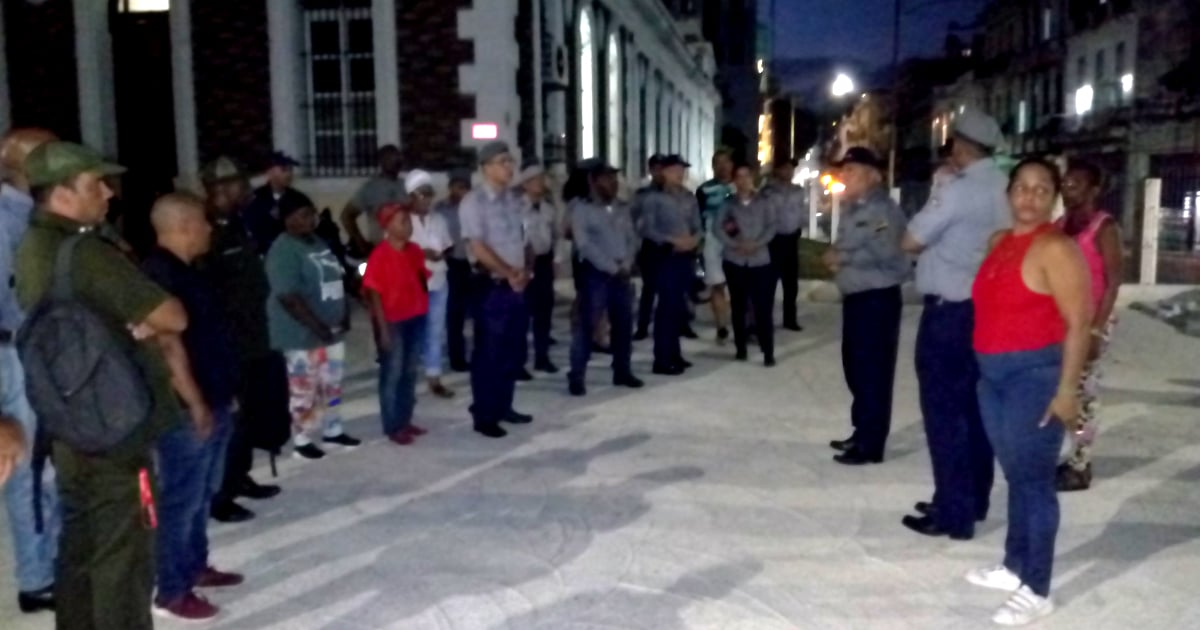The Cuban government anticipated the public backlash from ETECSA's sudden rate hikes and, in preparation for potential social unrest, put into action repressive measures and deterrents both before and following the official announcement. The newly imposed rate increase by the state-run ETECSA, revealed on May 31, has sparked widespread criticism across Cuban social media. Citizens are expressing frustration over what they perceive as the "partial dollarization of the economy" creeping into public services and essential goods.
This hike in mobile data packages and other telecommunications services coincides with escalating economic and social tensions on the island, exacerbated by inflation, power outages, and the general decline in basic services. Yet, the announcement from ETECSA was far from spontaneous. Days in advance, the Cuban government took steps that suggest a preemptive strategy against a potential social explosion.
Heightened Penalties and Strategic Timing
On May 29, the Official Gazette published Decree-Law 17 of 2024, which toughened penalties for crimes affecting the railway, telecommunications, and energy infrastructures. Sentences were increased to up to 20 years in prison, even if the crime was not consummated but the "intention" was proven. This legislative move appears particularly suspicious, occurring just hours before the tariff announcement, as if authorities were anticipating sabotage or unrest stemming from social discontent.
The next day, May 30, a fire erupted at a recycling facility in Mayabeque, threatening to spread to nearby electrical infrastructure. Although authorities have not provided details to suggest an intentional origin, the event was heavily reported by state media, reminiscent of previous incidents used by the regime to justify heightened repression and to bolster its narrative of supposed internal threats.
Preventive Repression and Public Reaction
On May 31, coinciding with the new rate announcement, the Ministry of the Interior (MININT) conducted "surveillance and patrol" operations across several regions. Reports from residents and activists indicate an increased police presence, selective internet outages, and monitoring of government critics. In some instances, citizens reported brief detentions and warnings for critical social media posts.
These interconnected events point to a deliberate strategy by the regime. Rather than being caught off guard by the outrage over the rate hikes, the government appeared to have anticipated this reaction, preparing to neutralize it. The narrative of an "internal enemy" and threats to national security has become a frequent tool for the Cuban authorities to justify their most unpopular decisions.
As a state monopoly, ETECSA has long faced criticism for its poor service quality and high costs relative to the average Cuban income. The "partial dollarization" of its services further exacerbates inequality and social exclusion, which continues to grow under the Cuban totalitarian regime.
Impact on Information Access and Social Tensions
The new rate increase not only directly affects household economies but further restricts access to information, communication with the outside world, and social media activity at a time when public discontent is increasingly channeled through these platforms. Preventive repression, the manipulation of fear, and the strengthening of the punitive apparatus form a well-known strategy of the regime.
What is novel in this instance is the clear sequence of actions suggesting that the rate hike was not a miscalculation but a decision made with full awareness of its social effects, and a clear intent to suppress any protest expression. Meanwhile, citizens continue to resist from the remaining spaces available: social media, independent media, and civic activism. Despite attempts to silence them, the voice of the Cuban people persists in seeking ways to be heard.
Understanding the Repercussions of ETECSA's Rate Increase
Why did the Cuban government anticipate unrest from ETECSA's rate hike?
The Cuban government expected unrest because the abrupt rate hikes could significantly impact citizens' access to necessary services, exacerbating existing economic and social tensions.
What measures did the government take before the rate announcement?
Prior to the announcement, the government enacted Decree-Law 17 of 2024, increasing penalties for crimes against infrastructure, and heightened police presence as part of a strategy to deter potential unrest.
How did the ETECSA rate hike affect Cuban citizens?
The rate hike strained household finances and further limited access to communication and information, crucial in a time of growing social discontent.
What role does ETECSA play in Cuban society?
ETECSA, as the state telecommunications monopoly, is central to communication in Cuba but often criticized for high prices and poor service quality, especially as services increasingly align with dollarized costs.
